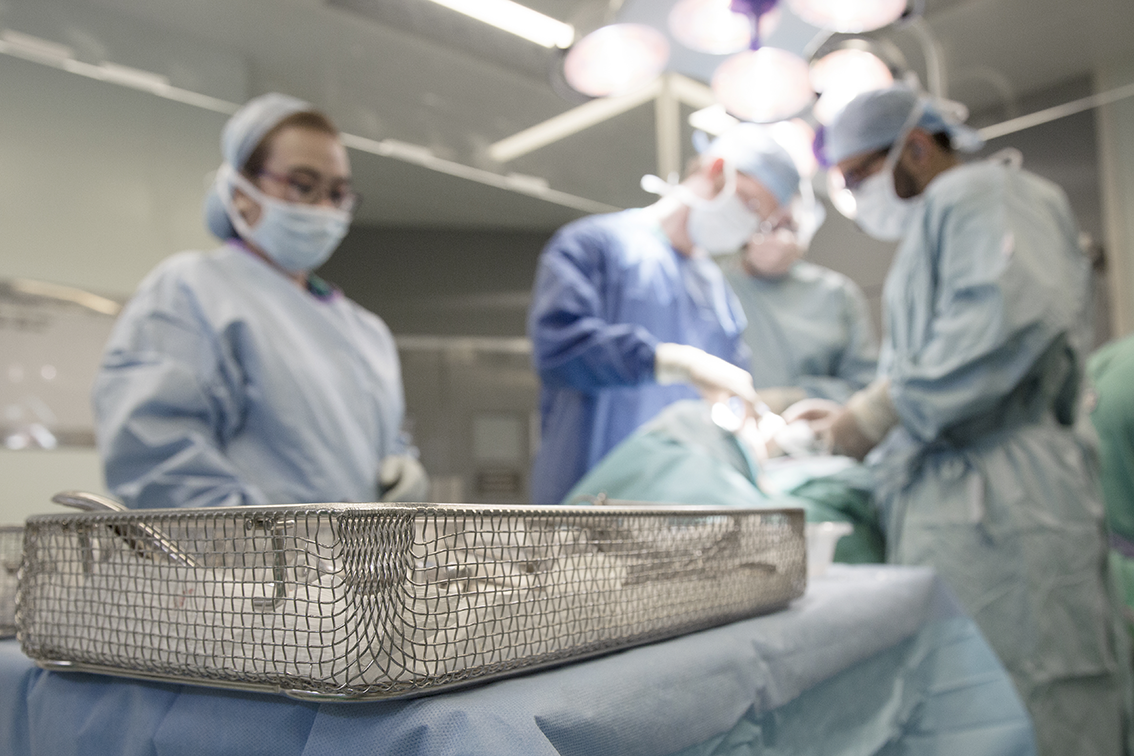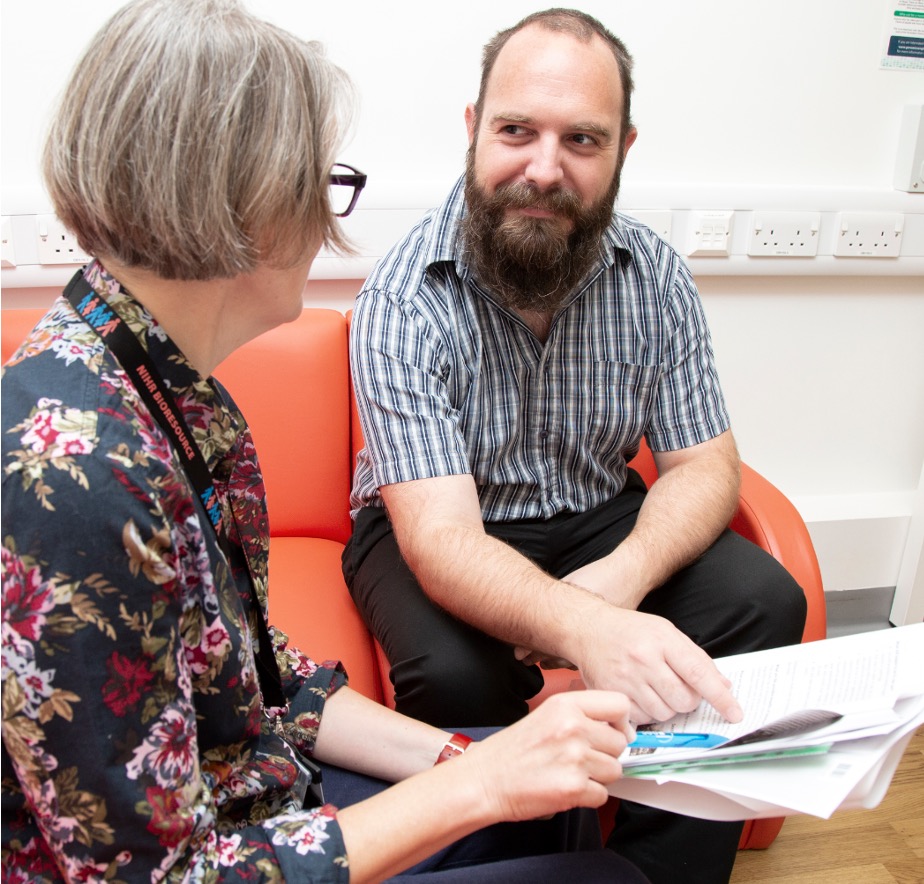Immunity, Inflammation and Transplantation


Key areas of focus:
- Immune-mediated diseases (IMD)
We want to understand what causes these conditions, why some patients respond to current treatments and others don’t, and how to match the right treatments to patients to personalise the therapies they receive - Immune responses in infection
We are studying patients with COVID-19, including long-COVID. We also want to find ways of improving vaccine responses (including to COVID-19 and flu) and testing other ways of harnessing the immune system to prevent infections - Immune responses to a solid organ transplant
Transplants are life-saving but we don’t have enough organs and they don’t last forever. We are working to find ways to improve organs before they are transplanted and to reduce rejection responses to transplanted organs
The immune system enables the body to defend itself against infection. But excessive or inappropriate immune responses can lead to autoimmune diseases, where the immune system attacks the patient’s own tissues. It can also lead to rejection of transplanted organs and to unintended tissue damage in many infectious diseases (including COVID-19).
Currently, the medicines we use to control the immune system across these conditions, for example steroids, are not specific and have effects on many immune cells and other cells in the body, leading to unwanted side effects.
Our Immunity, Inflammation and Transplantation theme will use cutting-edge technologies, profiling the genetic sequence of individual cells in blood and tissue samples taken from patients, to identify new treatments, and to match the right treatment to the right patient.
We are working to understand how the immune system contributes to disease in three areas of medicine:
- Immune-mediated diseases (IMD)
Conditions such as inflammatory bowel disease, vasculitis and rheumatoid arthritis affect up to 10% of people in their lifetime but ‘one size fits all’ treatments mean that some people get too much immune suppression, leading to infection, while others don’t get enough, so their disease symptoms are not well controlled. We are combining information from electronic health records with genetic information from blood and tissues to gain new insights into what drives inflammation and why some people don’t respond to our current treatments. This will allow us to identify ‘biomarkers’ or tests that can help personalise treatments, and to find new drug targets.
- Immune responses in infection
The immune can overreact to some infections, causing collateral (unintended) damage, which leads to many of the complications of diseases like COVID-19. On the other hand, some patients’ immune systems ‘under-react’ and do not give a strong enough response to vaccines, leaving them open to infection. We are studying patients with COVID-19 to understand what causes long-COVID and how best to diagnose it. We are also working with vulnerable groups of patients with poor vaccine responses, running clinical trials to identify medicines that can protect them from infection and applying medicines to help them generate better vaccine responses.
- Immune responses to a solid organ transplant
Organ transplantation can provide a new kidney or liver for those with organ failure, and can be life-saving and life-transforming for patients. However, many patients wait a long time, or even die waiting for a transplant because there aren’t enough organs available. Even those that receive a transplant know that their organ won’t last forever because of the immune response to the transplant and the side effects of the drugs we use to prevent rejection. We want to find treatments (for example, organ-repairing stem cells) that can be given before an organ is transplanted, that enable more organs to be used. We will also collect tissue and blood to study recipient immune responses after the transplant to understand who is most at risk of rejection so that we can give them better, more targeted immune suppression medicines, helping to improve graft survival and function.

